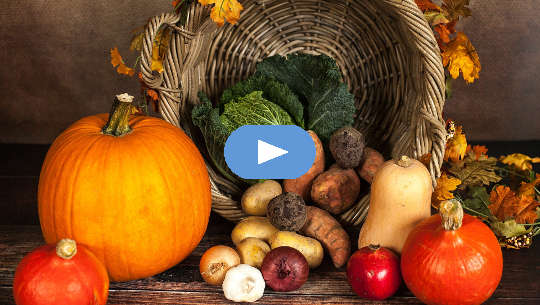
Cultures on every continent around the world have a collective memory of a time when their ancestors were hunter-gatherers and lived in the forest as a part of nature itself. The Aborigines of Australia, for example, were known to have...
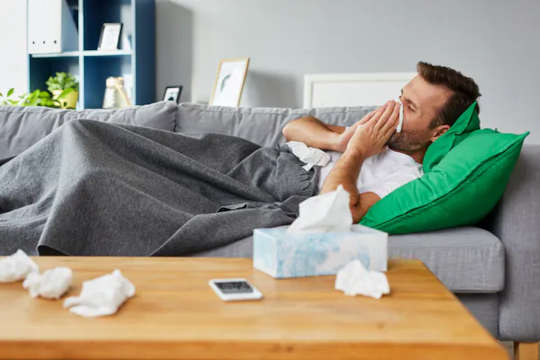
When microorganisms – such as bacteria or viruses – infect us, our immune system jumps into action. It’s highly trained to sense and eliminate infections and clear up any damage caused by them.
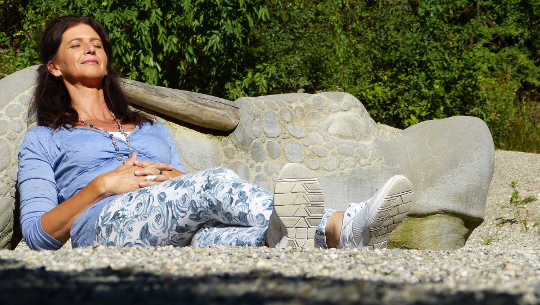
Many women assume that when their menopause symptoms stop, they are on safe ground. Sadly, we face some long-term risks to our health. As well as being at greater risk of heart disease, we start to lose more bone...

Allergies are on the rise across the developed world and hay fever and eczema have trebled in the last 30 years. Yet allergies are an area of much confusion and concern.

Some children grow out of their food allergies, but researchers don’t exactly know why. Here’s how to work with your allergy specialist if you suspect your child isn’t allergic any more.
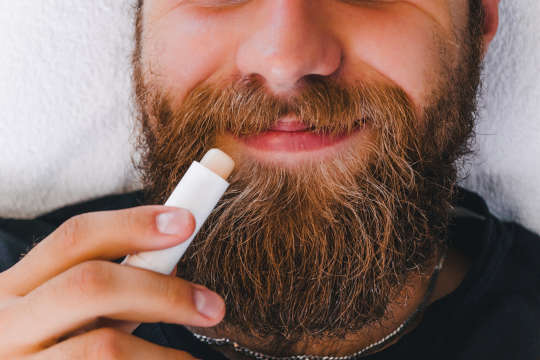
People have been trying to figure out how to fix dry lips for centuries. Using beeswax, olive oil and other natural ingredients have been reported as early as Cleopatra’s time, around 40 B.C.

Life, by its very nature is … alive! Because it is alive, it is not just responding in a set, mechanical way, but rather it is responsive to what is needed and helpful and useful. Cells might be considered as an archetypal template for life.

Life, by its very nature is … alive! Because it is alive, it is not just responding in a set, mechanical way, but rather it is responsive to what is needed and helpful and useful. Cells might be considered as an archetypal template for life.
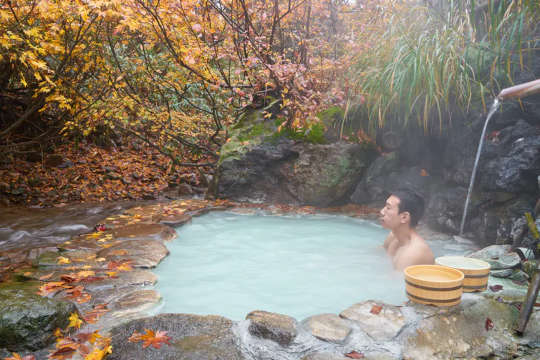
The term “exercise is medicine” is rightfully well publicised. It’s one of the best ways to stay healthy, yet medicine doesn’t work if you aren’t prepared to take it.
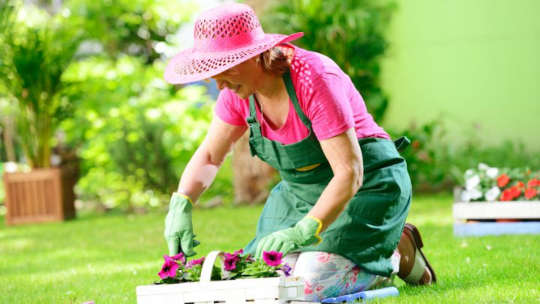
Exposure to a chemical found in the weed killer Roundup and other glyphosate-based herbicides is significantly associated with preterm births, according to a new study.

After a winter of lockdown and with coronavirus restrictions beginning to lift, many will be hoping for good weather this summer.

We sometimes need to use antibiotics to treat sick animals, but taking advantage of opportunities to reduce antibiotics use could benefit everyone

The small archipelago nation of Seychelles, northeast of Madagascar in the Indian Ocean, has emerged as the world’s most vaccinated country for COVID-19.

The humble potato has been given a bad rap. What was once a cheap staple of many countries’ diets has instead been branded in recent years an “unhealthy” food best avoided.

It’s recommended we do at least 30 minutes of exercise a day – or 150 minutes a week – to stay healthy. But 30 minutes accounts for just 2% of the day. And many of us spend most of the rest of the time sitting.

To “cry poor mouth” is an expression used to habitually complain about a lack of money. A literal poor mouth, however, represents one of the most widespread global diseases: tooth decay.

For many people, the thing they’ve missed most during the pandemic is being able to hug loved ones. Indeed, it wasn’t until we lost our ability to hug friends and family did many realise just how important touch is for many aspects of our health – including our mental health.
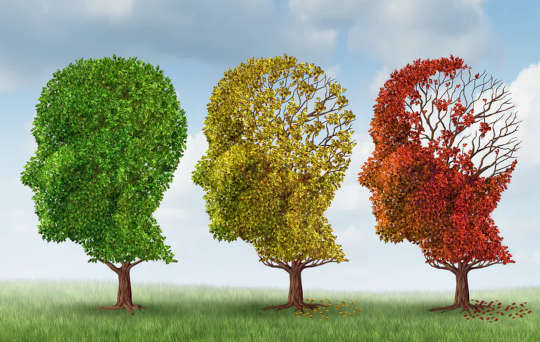
As a researcher who studies Alzheimer’s disease and a neurologist who cares for people with Alzheimer’s, I share in the frustration, indeed anger, of people and families when I tell them that I have no cure to offer.
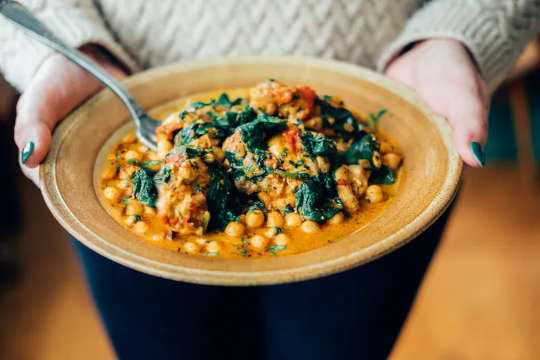
Maybe you’re trying to eat healthier these days, aiming to get enough of the good stuff and limit the less-good stuff. You’re paying attention to things like fiber and fat and vitamins… and anti-nutrients?
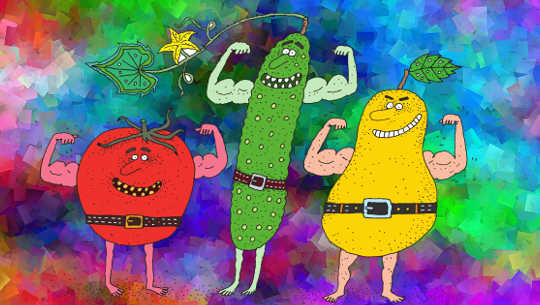
The human body is an amazing thing, full of systems, organs, nerves, and vessels that work together in harmony. You’ve seen the body described as a machine, as a city, or even as a factory. But I view the body as a garden. I feel this analogy best encompasses not only how the body works but how we should care for it.
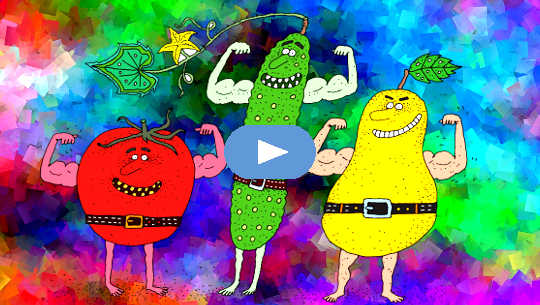
The human body is an amazing thing, full of systems, organs, nerves, and vessels that work together in harmony. You’ve seen the body described as a machine, as a city, or even as a factory. But I view the body as a garden. I feel this analogy best encompasses not only how the body works but how we should care for it.
- By Raven Cohan
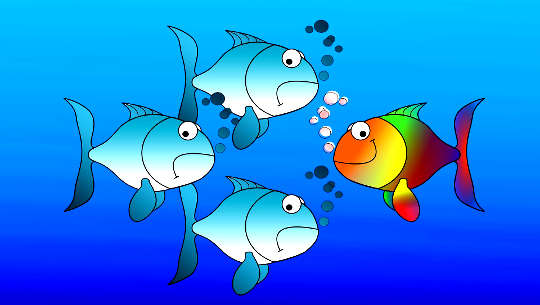
Most of the time, many of us succumb to the thought that something "in our genes" is going to catch up with us. The next conclusion then, is that nothing can be done to prevent it. However, we have been given the conscious ability to choose from life's menu...

COVID-19 patients who receive oxygen therapy or experience fever show reduced gray matter volume in the frontal-temporal network of the brain, according to a new study.














